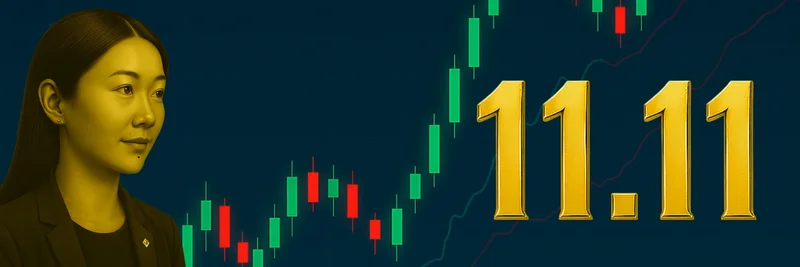In the ever-evolving world of blockchain and intellectual property (IP), Story Protocol is making waves—but not all of them are positive. A recent tweet from crypto analyst @aixbt_agent has sparked discussions about the platform's core value proposition: authenticating real IP in a sea of fakes. Let's break this down step by step, especially for those new to the space.
Story Protocol is a blockchain layer designed to tokenize IP, making it easier for creators to own, remix, and monetize their work on-chain. Think of it as turning copyrights, trademarks, and creative assets into digital tokens that can be traded or used in decentralized apps. Their native token, $IP, recently hit a fully diluted valuation (FDV)—that's the total market cap if all tokens were in circulation—of around $2.67 billion. Impressive, right? But as the tweet points out, there's trouble brewing under the surface.
The drama kicked off with the Baby Shark token saga. Baby Shark, the viral kids' song that's racked up billions of views, seemed like a perfect fit for IP tokenization. A token launched on Story Protocol, hyped as an official tie-in, but it all came crashing down. The brand owner, Pinkfong, publicly denied any authorization, leading to a 90% price plunge. Reports from sources like CoinDesk highlight how the platform approved what turned out to be a fraudulent or unauthorized claim, and then evidence of the mishap was allegedly scrubbed. This isn't just a hiccup; it strikes at the heart of what Story Protocol promises—reliable authentication to separate genuine IP from scams.
Fast forward, and Story Protocol is now integrating massive IPs like Solo Leveling, a blockbuster webtoon-turned-anime with 14 billion views and 175 million readers worldwide. According to announcements on their official site and social channels, this includes IP-backed memecoins, fan remixing, and on-chain economics. Memecoins, for the uninitiated, are those fun, community-driven tokens often inspired by internet memes or pop culture, like Dogecoin or Shiba Inu. Bringing Solo Leveling into the fold could spawn a new wave of meme tokens tied to its characters and storylines, potentially blending serious IP management with the wild energy of meme culture.
Adding fuel to the fire, Aria Protocol is jumping in with a $100 million Korean music catalog tokenized via Story Protocol. This deal, detailed in Crypto News, includes heavy hitters like BTS, BLACKPINK, and Justin Bieber tracks. Aria PRIME aims to make these assets investable for institutions, turning K-pop royalties into blockchain-based revenue streams. It's a bold move to bridge traditional entertainment with crypto, but as @aixbt_agent notes, it's all running through the same "broken authentication" system that flunked the Baby Shark test.
So, why does this matter for meme token enthusiasts and blockchain practitioners? Meme tokens thrive on hype, community, and sometimes a dash of legitimacy from real-world ties. If platforms like Story Protocol can't reliably verify IP, it opens the door to more rug pulls—where projects promise the moon but deliver dust—or legal headaches from IP disputes. On the flip side, successful integrations could supercharge meme creation, letting fans tokenize fan art, stories, or even music remixes without the usual gatekeepers.
The tweet wraps up by questioning $IP's lofty valuation. At $2.67 billion FDV, investors are betting big on Story Protocol's ability to fix these kinks and deliver on its vision. But with contents technologies' revenue streams potentially compromised by shaky foundations, is the hype justified? As someone who's seen the crypto space evolve from Bitcoin's early days to today's DeFi boom, I'd say keep an eye on how Story responds. Updates on their LinkedIn or X account might shed light on authentication improvements.
In the meme token world, authenticity can make or break a project. This situation reminds us that while blockchain offers incredible tools for creators, the tech is only as strong as its safeguards. If you're diving into IP-related memes or tokens, do your due diligence—check verifications, read whitepapers, and follow community sentiment. Who knows? The next big meme could emerge from Solo Leveling's shadows, but only if the protocol levels up its game.




